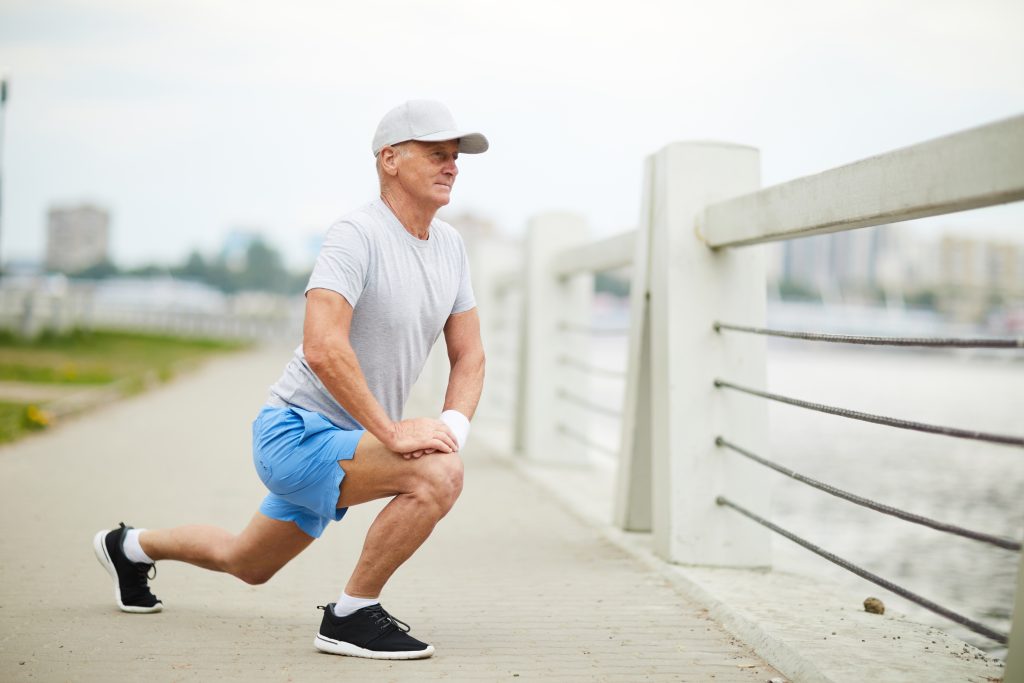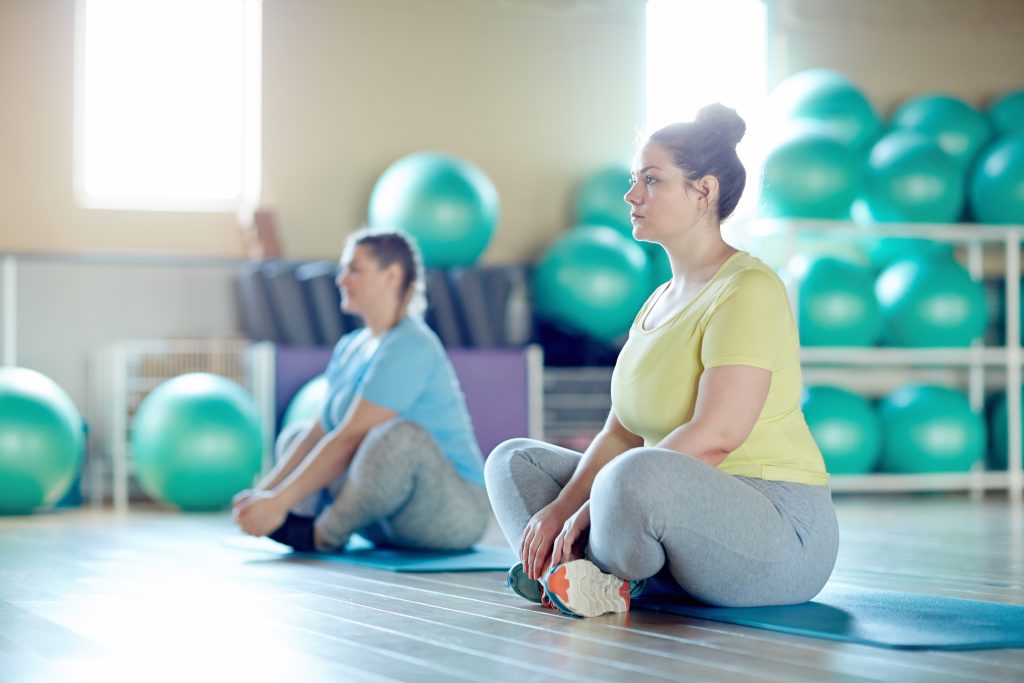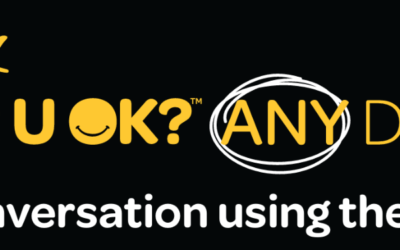The benefits of physical activity on your mind and body
One of the best ways to improve your mental health is by building a routine of regular exercise. It’s helped me greatly during some of the more stressful points in my life, and I believe staying fit is equally important for both body and mind. By starting with 5-10 minutes of daily exercise, you can begin to feel:
- Improved mood
- Increased alertness
- Focused concentration
No matter if you are just starting out, or run marathons weekly, learning some of the benefits of exercise on our mental health will provide motivation for everyone.

The Mental Health Benefits of Exercise
Exercise can contribute to increased endorphin levels. Endorphins are natural bodily hormones that are released when we are doing something that requires a burst of energy – they make us move and perform. Exercise typically increases our level of endorphins, and it’s this release that contributes to feelings of euphoria, commonly known as “runner’s high”.
Regular physical activity can improve sleep. A 2015 study in the Journal of Sleep looked at people with insomnia who engaged in a minimum of 150 minutes of moderate intensity physical activity over the space of a week (the WHO’s recommended adult physical activity requirement). Researchers found that there was a significant reduction in insomnia symptoms AND elevations in mood.
Exercise can help to reduce stress and anxiety. Physical activity improves our blood flow and the bodies ability to use oxygen, increasing overall feelings of wellness. This fact, coupled with increased endorphin release can help to relieve the body and mind of stress and anxiety. Furthermore, exercise can act as “meditation in motion“, a time when we are able to increase mindfulness, centre our thoughts and forget some of our everyday worries. Focusing on a single physical task can produce a sense of energy and optimism.
Furthermore, consistent physical activity can provide sharper focus and clarity. Oxidative Medicine and Cellular Longevity published a study in 2016 on older adults, where a 24 week program of moderate aerobic exercise was found to improve cognitive function and concentration. Additionally, the Perceptual and Motor Skills Journal published a study in 2014 which determined that sessions of high-intensity training improved cognitive function in relation to attention and short-term memory tasks.

Getting Started
You don’t need to devote hours every day to exercising to enjoy the benefits we have touched upon. It’s best to start where you feel comfortable. A 10 minute walk every weekday can quickly turn into 30 minutes of moderate exercise daily – be sure to build gradually and continue to challenge yourself. The more you exercise, the more energy you will have.
Additionally, it’s important to choose an activity that you like. Have a nice park near you? Go for a walk in the sun!
The end goal is 30 minutes of moderate exercise 5 times a week. Moderate exercise equates to a swift walk where you are still capable of talking to a friend.
Some forms of beginner-level exercise to try include:
- Walking
- Powerwalking
- Yoga/Stretching
- Swimming
- Lifting Light Weights (squats, curls, shoulder press etc.)
- Burpees
- Sit-ups
For those who are more advanced, you may want to try:
- Distance Running/Swimming
- Weighted Dips and Pushups
- Resistance Training (with heaver weights)
- HIIT (High Intensity Interval Training)
If you feel sore or become injured make sure to rest, recover and see your GP if the issue persists.
Australia’s physical activity and sedentary guidelines can give you more information. The important thing to remember is to move more and sit less every day.
By building an exercise routine that is challenging, enjoyable and sustainable, we’ll all feel a little better.
We’d love to hear about what you are doing to benefit your mental health! Get in touch with us here.


